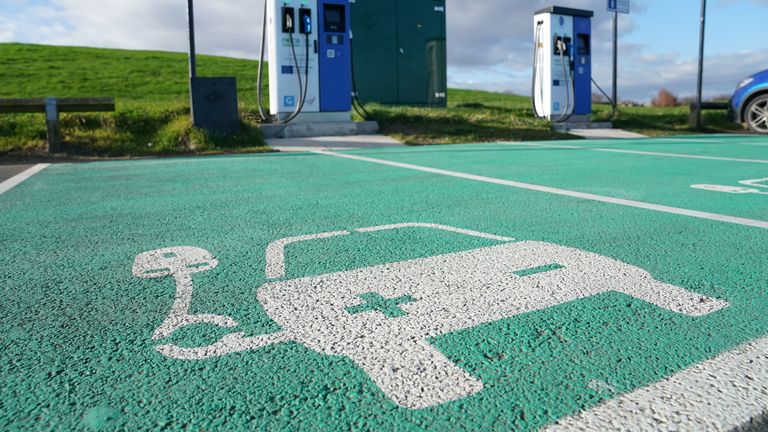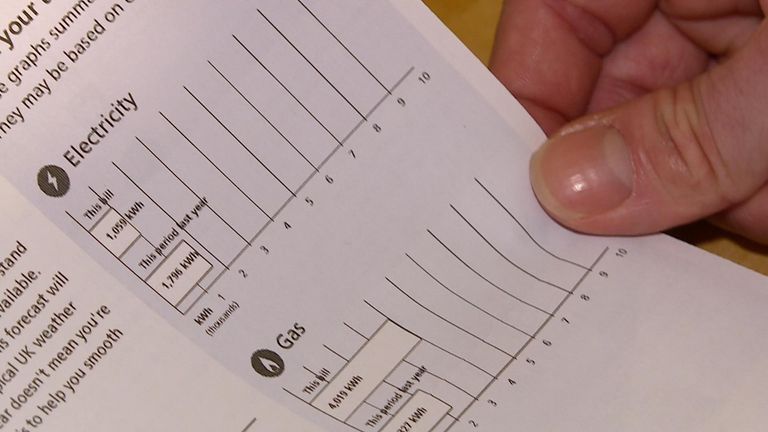£300m investment to support tripling of motorway and main road vehicle charging points
Ofgem is aiming to speed up the roll-out of electric vehicle charge points as part of a £300m low-carbon investment plan – partly paid for through higher bills.
Britain’s energy regulator said investment in cabling by power distribution networks would enable the installation of 1,800 ultra-rapid charging stations beside motorways and trunk roads, tripling the current network.
That could eventually support more than six million vehicle journeys a day, the regulator said.
The investment will also support the installation of a further 1,750 charge points in towns and cities, it added.
Britain is banning the sale of new petrol and diesel cars from 2030 as part of its goal of cutting emissions to net zero by 2050.
But the switch to electric will require a major investment in infrastructure – both to support increased demand and allay motorists’ anxiety about whether to invest in vehicles which they worry they may not be able to refuel on long trips.
Ofgem research has identified the lack of charging points as a key reason putting people off from making the change.
The £300m investment plan announced by the regulator covers a total of 204 net-zero projects, also including the rollout of heat pumps and the electrification of the Windermere ferry in Cumbria.
Half of that will come out of power companies’ existing investment allowances and the other half from higher consumer bills – estimated at 65p annually per household over the next two years and after that falling to 15p.
The latest announcement is part of a wider £40bn investment plan to help Britain move to low-carbon transport and heating while maintaining secure energy supplies.
Ofgem chief executive Jonathan Brearley said: “This £300m down payment is just the start of building back a greener energy network.
“The payment will support the rapid take up of electric vehicles which will be vital if Britain is to hit its climate change targets.
“Drivers need to be confident that they can charge their car quickly when they need to.”
Source: Read Full Article



